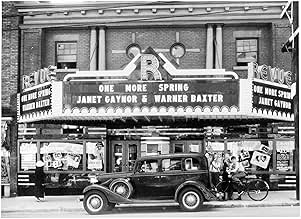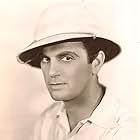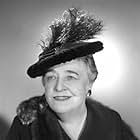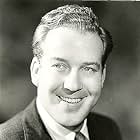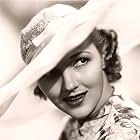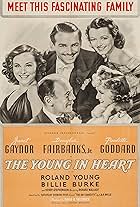"One More Spring" is a delicate, sensitive drama about three lost souls trying to survive during the Depression: two men and a woman, all jobless and homeless, who set up housekeeping together in the maintenance shed in Central Park. The woman is played by Janet Gaynor, a popular ingenue of the early 1930s who usually played virginal good-girl roles. In "One More Spring", she lives in a one-room shack with two men (literally "shacking up" with them), and it's very much to Gaynor's credit as an actress that she manages to convince us there's no hanky-panky going on. She's living in a shack with two men, simply because things are desperate and her only alternative is to live in the streets. Her two shackmates are well-played by Warner Baxter and Walter Woolf King. (King, who usually played villainous roles, is remarkably sympathetic here.)
"One More Spring" gives one of the most realistic depictions of the Depression that I've ever seen. Many people in Depression-era America believed that the stock-market crash was entirely caused by corporate millionaires. Here, the upper class is represented by Mr. Sheridan, who has lost nearly all of his wealth in the crash that has ruined so many. He must deal with the fact that the failure of his own company has also caused the ruin of so many hundreds of his working-class employees. Grant Mitchell gives an excellent performance in what could have been a stereotyped role. At one point - disgraced and ruined - Mitchell pauses on a bridge over the lake in Central Park. He steps onto the bridge's parapet, leans over towards the water, pauses again as he considers ending it all ... the look on Mitchell's face during this scene is unforgettable.
"One More Spring" is well-directed by Henry King, one of the two most under-rated directors of Hollywood's golden era. (The other being Sam Wood.) The only sour note in "One More Spring" is a brief appearance by Stepin Fetchit, doing his usual "I'se comin', boss" routine. Fetchit was very popular in the 1930s, and he was probably written into this film as "insurance" to help make "One More Spring" more successful at the box-office. This delicately beautiful film would work better if Stepin Fetchit's scenes - entirely irrelevant to the plot - were deleted.






